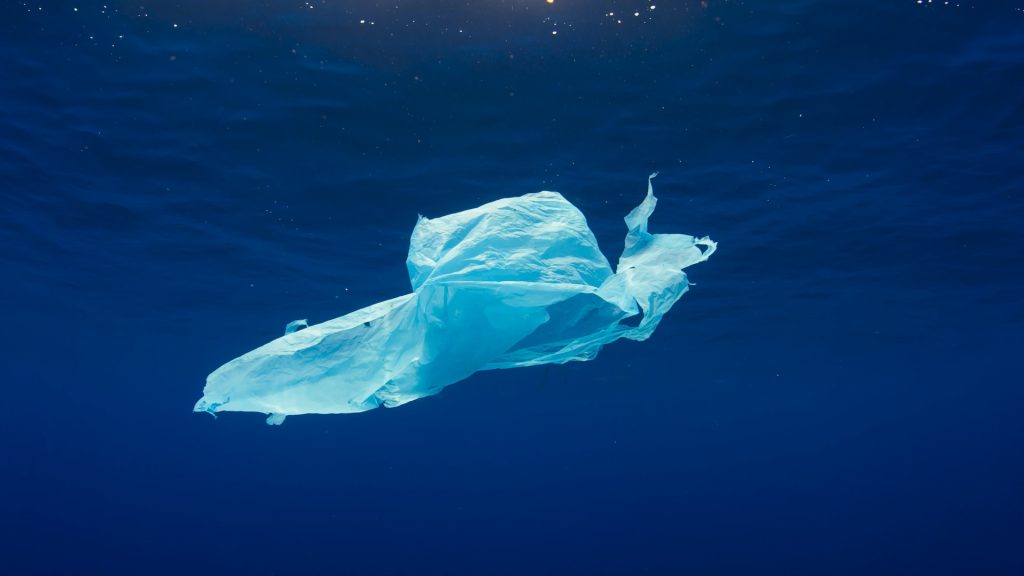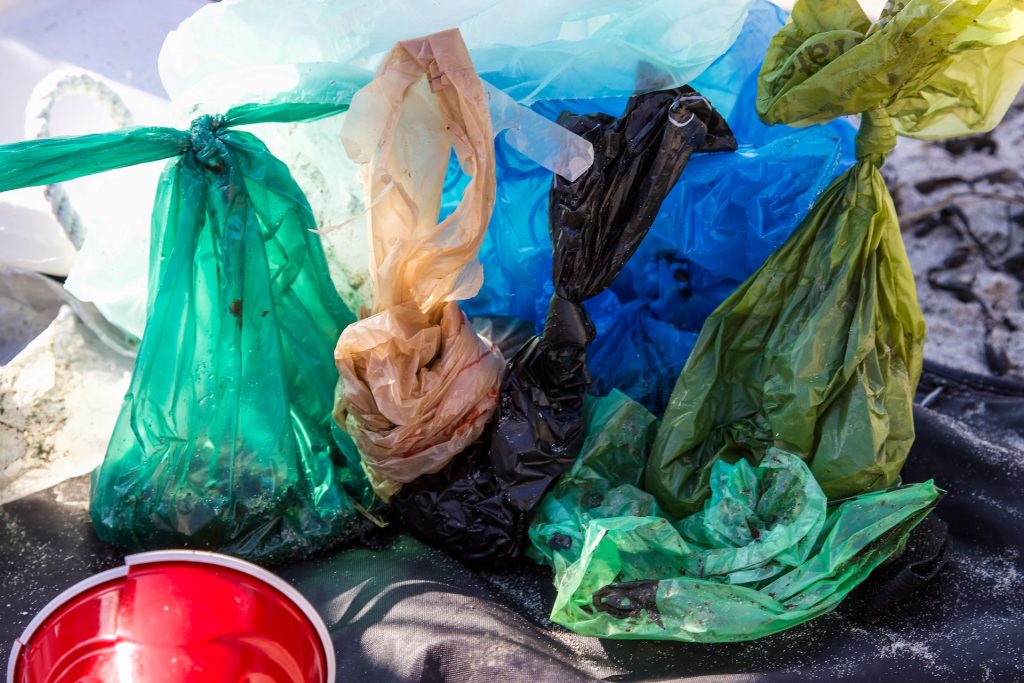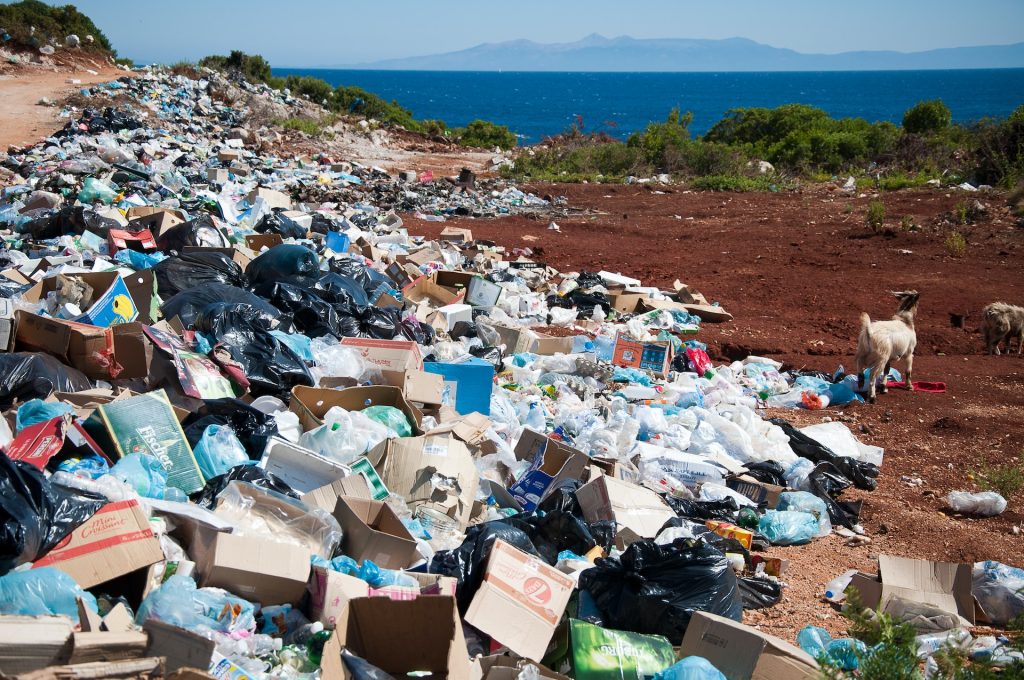Plastic, once hailed as a revolutionary material, has become a scourge on our planet. From its invention in 1907 by Belgian-American chemist Leo Baekeland to its current ubiquitous presence, the detrimental environmental impact of plastic bags, in particular, has reached alarming levels. The convenience of plastic bags has come at a steep cost – environmental pollution that endangers our ecosystems and human health. As nations grapple with the plastic predicament, the question looms large: Should plastic be banned?

The Dangers of Plastic
Plastic, being non-biodegradable, remains in the environment for centuries, creating persistent pollution. Leo Baekeland could not have foreseen that plastic’s durability, a key selling point a century ago, would transform into an ecological crisis. The failure to biodegrade leaves plastic persisting in the form of harmful microplastic nodules, infiltrating waterways and posing a grave threat to aquatic life, including humans.
Recycling Problem
While recycling emerged as a solution, it has its drawbacks. Not all plastics are recyclable, and the process itself emits harmful fumes into the atmosphere. The logistical and financial challenges of recycling further complicate the issue. The world has made progress, but the recycling journey is far from ideal.
The Menace of Plastic Bags
Plastic bags, in particular, have become emblematic of the plastic problem. Their non-biodegradability and widespread use contribute to a host of issues:
- Non-Biodegradability: The inherent challenge in disposing of non-biodegradable plastic bags is a major environmental concern.
- Deterioration of the Environment: Plastic bags are a prime contributor to land and water pollution, deteriorating the environment in multifaceted ways.
- Harm to Animals and Marine Creatures: Wildlife and marine creatures suffer due to the ingestion of plastic particles, resulting in untimely deaths.
- Human Health Risks: The production of plastic bags releases toxic chemicals, posing a direct threat to human health and contributing to various diseases.
- Clogged Sewage: Plastic bags frequently clog drains and sewers, leading to flooding during rains, disrupting normal life.
Global Initiatives and Challenges
Several countries have taken steps to curb plastic usage, either through bans or levying taxes. However, the implementation of these measures has faced challenges. Despite bans in some areas, plastic bags persist, and awareness remains a critical battleground.

Individual Contributions
To combat the plastic crisis, individuals must play an active role. Here are ways in which people can contribute:
- Seek Alternatives: Embrace eco-friendly alternatives like reusable jute or cloth bags to replace plastic.
- Re-use: Make a conscious effort to reuse plastic bags multiple times before discarding them.
- Spread Awareness: Individuals can amplify the government’s efforts by spreading awareness about the detrimental effects of plastic bags.
- Keep a Tab: Regularly assess personal plastic usage, reminding oneself of the long-term consequences.
As plastic pollution escalates, the urgency for a global ban on plastic bags becomes increasingly evident. While governments take measures, individual responsibility plays a crucial role in effecting change. Seeking alternatives, reusing existing plastic bags, spreading awareness, and monitoring personal plastic usage are steps toward a sustainable future.

The time has come for a collective commitment to bid farewell to plastic bags. It’s not just about convenience; it’s about safeguarding our environment and ensuring a healthier planet for generations to come. The journey to a plastic-free world begins with a simple but impactful choice – to choose the planet over plastic.





